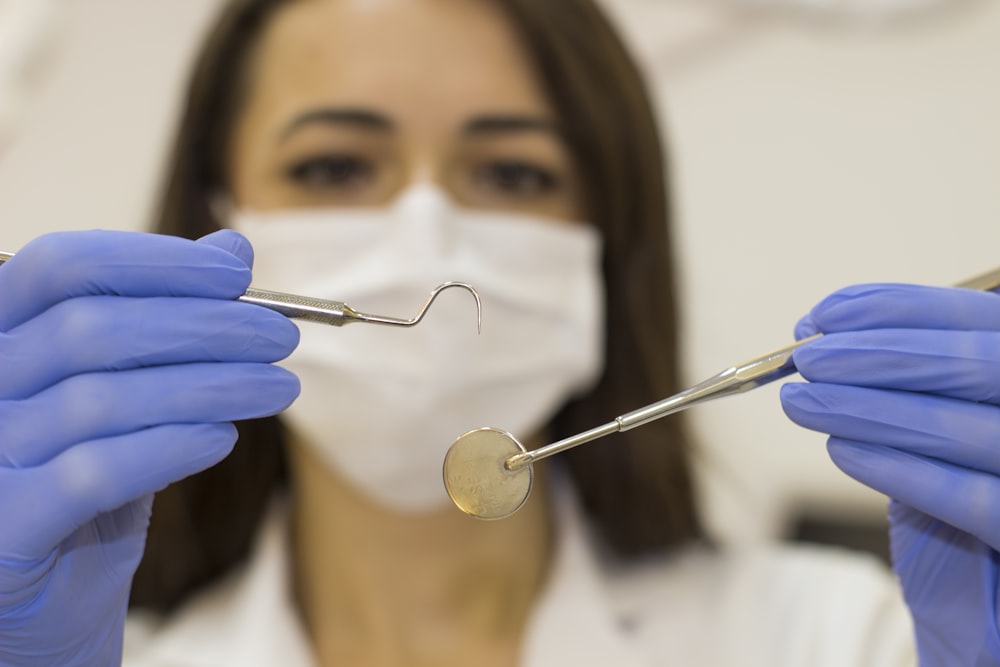8 Mistakes You Should Avoid Upon Enrolling In An International School
Below are the common mistakes you should avoid upon enrolling in an international school. Read on to learn.

1. Not Researching The School In Advance
Before enrolling in an international school, you must do your research to ensure that the school is a good fit for you and your child. There are several factors to consider, such as the curriculum, teaching staff, facilities, and extracurricular activities.
You should also research the school’s tuition fees, as they can vary significantly from one international school to another. Additionally, be sure to inquire about any additional costs that may be associated with attending the school, such as transportation and boarding fees.
2. Not Applying For Financial Aid
If you’re struggling to afford the tuition fees for an international school, don’t despair. Many schools offer financial aid and scholarship programs to help families cover the costs of attendance.
To be eligible for financial aid, you will need to complete a financial aid application and submit it to the school along with your child’s admission application. Be sure to complete the financial aid application promptly, as some schools have limited funding and award aid on a first-come, first-served basis.
3. Failing To Consider The Language Barrier
If you’re enrolling in an international school in a country where English is not the primary language, it’s important to be prepared for the language barrier. Unless you’re already fluent in the local language, you’ll likely face some challenges communicating with classmates and teachers. Be sure to brush up on your language skills before enrolling in an international school.
If you’re not fluent in the language of instruction at an international school, you may want to consider enrolling your child in a language immersion program beforehand. This will help prepare them for the rigours of international education and make the transition to a new school smoother.
Additionally, many international schools offer support services for students who are struggling with the language barrier. These services can include English as a Second Language (ESL) classes and one-on-one tutoring.
4. Not Getting Involved In The PTA Or Other School Organizations
Parental involvement is crucial for a child’s success in school, so be sure to get involved in the Parent-Teacher Association (PTA) or other school organizations. This will not only help you stay informed about what’s going on at the school, but it will also give you a chance to meet other parents and build relationships.
5. Not Understanding The Curriculum
Before enrolling your child in an international school, take the time to research the curriculum and make sure that it’s a good fit for your child’s learning style and needs. Additionally, be sure to ask about the school’s grading system and whether there are any standardized tests that your child will be expected to take.
6. Not Packing The Right School Supplies
Before your child starts school, be sure to pack all of the necessary supplies, such as textbooks, notebooks, pencils, and paper. Additionally, many international schools have dress codes, so be sure to check with the school in advance to find out what type of clothing is appropriate.
7. Not Planning For Homesickness
It’s normal for children to feel homesick when they first start attending an international school. To help your child cope with homesickness, be sure to pack a few familiar items from homes, such as photos, stuffed animals, and blankets. Additionally, encourage your child to stay in touch with family and friends back home through phone calls, emails, and social media.
8. Not Being Aware Of The Cultural Differences
When you attend an international school, you’ll be surrounded by students from all over the world. It’s important to be aware of the cultural differences between you and your classmates. Be respectful of other cultures and open-minded to new customs and traditions.
If you’re considering enrolling your child in an international school, avoid these common mistakes to ensure that the transition is smooth and successful.
For some related articles. Read on the 2020 vce exam timetable.




